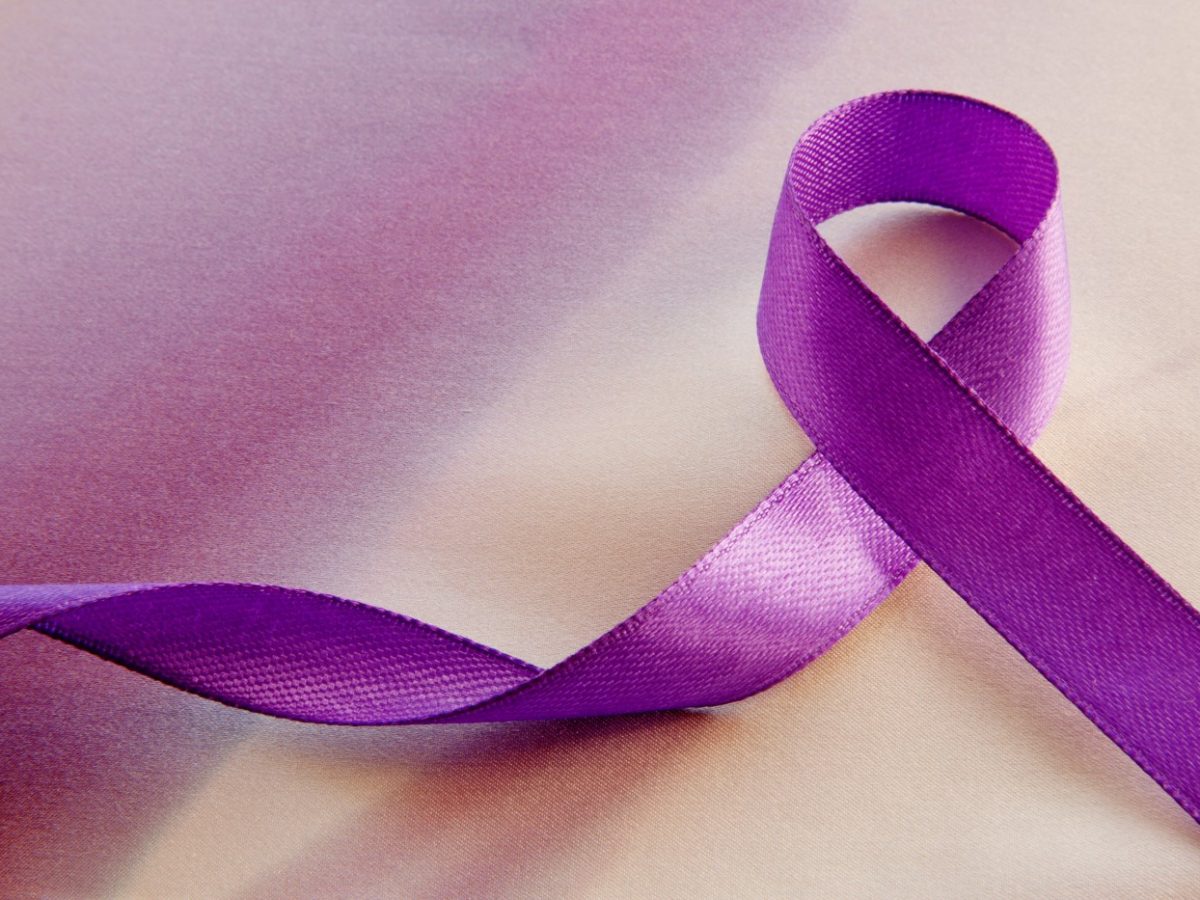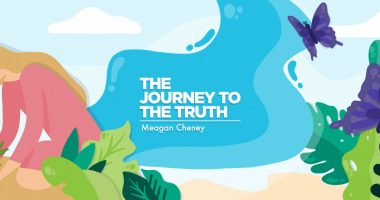Seeing Epilepsy Awareness in a New Light

I have a confession. I used to hate Epilepsy Awareness Month. Maybe it’s because our daughter Austen’s first seizure happened in November, so I’m a little bitter about the month in general. Or maybe it’s because I’m a naturally introverted person, so screaming, “My child has epilepsy” in everything we do makes me a bit anxious.
The truth is that my daughter’s epilepsy is a sore spot with me. It’s painful to watch her deal with it on a daily basis. And while I know my friends weren’t saying they enjoyed epilepsy, it made me very anxious to dwell on it every day of November.
I’m not exactly sure why I felt this way. But while many of my special needs mom friends talked about purple shirts, purple lights on their houses, and epilepsy runs and drives, I found myself shrinking down. I felt obligated to write at least one blog or Facebook post, but I tried to pretend it wasn’t happening the rest of the month.
This year, I have a different mindset regarding Epilepsy Awareness Month. Instead of thinking of November as a month to dwell on Austen’s misfortune of being born with Dravet syndrome, I’m looking at it as an opportunity to educate a population that knows little or nothing about it.
I now fully understand and accept that my friends just want to educate people about what our kids go through every day. I see that now and feel the urge to educate as well.
Although up to 10% of people worldwide have a seizure during their lifetime, most of the world is unfamiliar with epilepsy. They don’t know that it isn’t contagious, or what to do if someone around them has a seizure. People have asked me if they should put something in Austen’s mouth, even though that went out of practice years ago.
On top of actual seizures, many people don’t know about the secondary issues that can come with epilepsy. They do not understand the pain and heartache that can result from an invisible illness. Although a person may look well on the outside, that can change at any moment if their brain decides to misfire.
What we go through with Austen is horrible. I wouldn’t wish it on anyone. But there may come a time when I’m not around, and if we educate outsiders now, they may just be there to save my baby’s life someday. They may just be educated in advance if their own child is born with a simple genetic mutation that changes the outcome of their lives forever.
If someone reads a blog post or watches a YouTube video now, it may just keep them from walking into their own future blind. It may save their child’s life someday — or even their own.
***
Note: Dravet Syndrome News is strictly a news and information website about the disease. It does not provide medical advice, diagnosis, or treatment. This content is not intended to be a substitute for professional medical advice, diagnosis, or treatment. Always seek the advice of your physician or other qualified health provider with any questions you may have regarding a medical condition. Never disregard professional medical advice or delay in seeking it because of something you have read on this website. The opinions expressed in this column are not those of Dravet Syndrome News or its parent company, BioNews, and are intended to spark discussion about issues pertaining to Dravet syndrome.







Comments